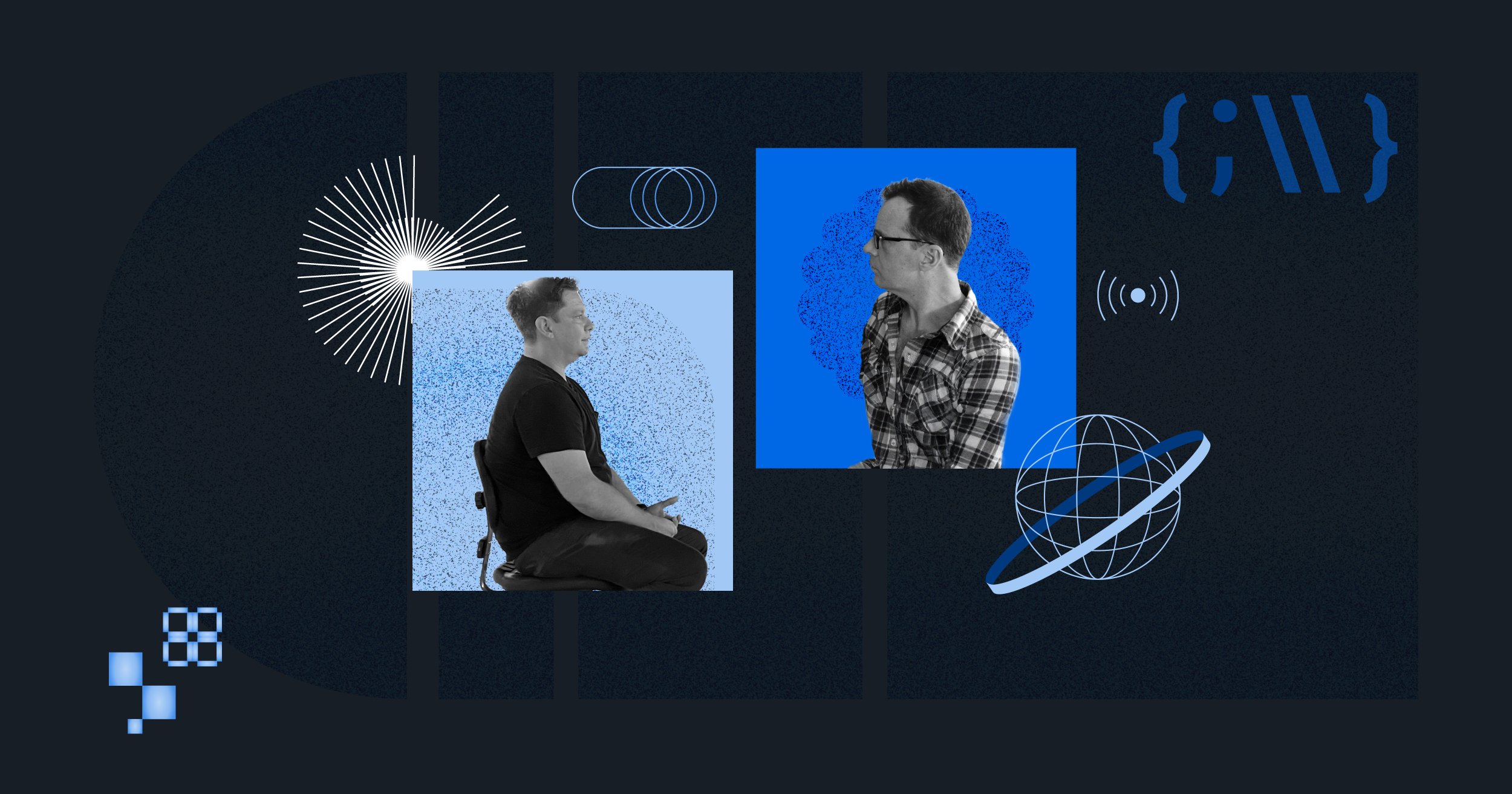
December 4, 2025
December 4, 2025

Reading time
October 24, 2024
June 26, 2024

No technology has so quickly dominated the zeitgeist as generative AI. It’s sparked debate between those who think it could save humanity and those who fear it will drive us to dystopia. Concerns about accuracy, bias and fairness in particular have led to calls for development of responsible AI.
AI ethicist and author Olivia Gambelin has been at the forefront of this movement. She works with business leaders on the operational and strategic development of Responsible AI and writes about it in a newsletter, “In Pursuit of Good Tech,” and a new book, “Responsible AI: Implement an Ethical Approach in Your Organization,” which debuted in the U.S. on June 25.
We talked to Olivia recently about the importance of clear communications around AI, one big brand that’s doing it well, and how creating ethical parameters can lead to more innovation. Below is an edited version of the conversation.
It’s essentially the playbook on designing an AI strategy on responsible foundations. When we first started developing AI, there weren't any best practices, standards, or orders of operation. Now, with responsible AI, we know what works and what doesn't in terms of development standards. The book essentially answers the question of, ‘Where do I start?’ It's written for executives and leadership teams that are tasked with developing AI strategies for their entire organization. At the end of the day, responsible AI is just getting the intended use out of your solution.
It’s essentially AI that does what you intended it to do. Often, it’s built with a goal in mind but developers aren’t assessing the impact or following best practices, so they end up with differing results that stray from the original intent. There’s a quality example that doesn’t involve AI — Facebook created the ‘like’ button as a way to interact with friends. That was the original intention. But the potential impact wasn’t properly assessed, and unfortunately that ‘like’ button actually spiked the suicide rate.
<split-lines>"[Responsible AI] is essentially AI that does what you intended it to do..."<split-lines>
I've worked with Mozilla; they're great people. And I really like their frameworks – as they're looking at those specific values. What my book does is enable business leaders to translate those values into practice. This can feel very abstract, but my book is the scaffolding for the concept and explanation of how you put the principles into action.
The dominant narrative that we're seeing around responsible AI relates to the criticism that it’s ‘taking over’ our work and lives. So, responsible AI has taken on a doom-and-gloom-type narrative. This creates the mindset that the only goal is prevention of harm. But, that really wasn't one of the founding values. Risk mitigation is very important, don’t get me wrong. But IT companies are not as motivated to adopt responsible AI practices if they think it’s too hard to do.
The current narrative is missing the fact that responsible AI can be a practice for innovation. Applying ethical constraints can actually increase and improve the quality and rate of creativity because it focuses your thinking. Engineers like understanding their parameters, and they can get creative to work with those limitations. It's the same thing when you're bringing in ethical limitations. You say, ‘Here's where you can't cross the line. Go figure out how to reach that while staying within these guardrails.’ That spurs creativity that forces a deeper layer of innovation. The original sentiment behind technical innovation was to drive human impact. Responsible AI needs to return to that message – forcing new depth to the design and development of AI tools.
<split-lines>"Applying ethical constraints can actually increase and improve the quality and rate of creativity because it focuses your thinking."<split-lines>
One star example is Salesforce. From day one, they built out a responsible AI team. They brought in the World Economic Forum to do a case study on their KPI motivators that incorporate responsible AI practices and ethical values. They give examples, concrete case studies, education and awareness. And they have a strong thought leader in Kathy Baxter. You know who's on it there, and you can see the work they do.
With large companies, there are so many different information silos, and so different data science teams are working on completely different standards of data governance. A Fortune 100 bank I was working with was trying to mitigate unwanted risk and bias; it turns out every team was using a different fairness metric.
When it comes to external communication, the user feedback mechanism can be a very powerful tool in developing AI strategies. One of the big mistakes companies make is not having that live, incremental feedback from their users. When you have those feedback loops in place, you're able to catch problems faster and fine tune your models.
<split-lines>"When you have those feedback loops in place, you're able to catch problems faster and fine tune your models."<split-lines>
Communication is also important for setting expectations. We're in an economy based on trust and there is a massive amount of mistrust, fear and confusion when it comes to companies’ approaches to AI. A comms team has the responsibility and the opportunity to help transparently create trust with users. Nowadays, trust is a determining factor for users, especially younger generations.

December 4, 2025
December 4, 2025

October 28, 2025
October 28, 2025